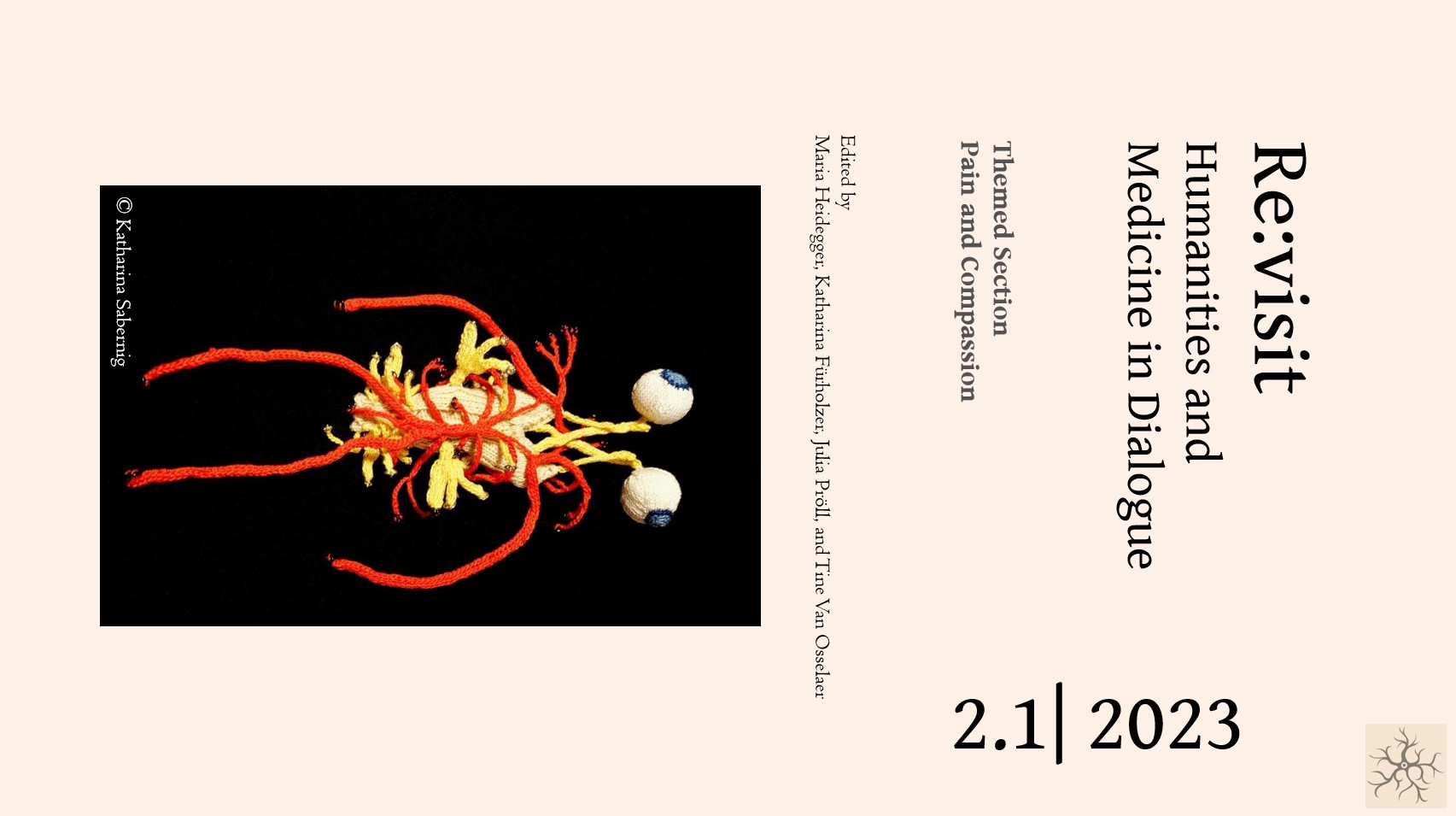The Mountain Man and the Politics of Pain
Dalit Personhood, the Caste System and Scar Cultures
DOI:
https://doi.org/10.57974/Re:visit_2023_2.04Schlagwörter:
trauma-narrative, borders, caste, Dalit, (cultural) identity, pain, compassion, Traumanarrativ, Grenzen, Kaste, (Kulturelle) Identität, SchmerzAbstract
Ketan Mehta’s 2015-film Manjhi: The Mountain Man tells the story of Dashrath Manjhi, a Dalit from a small village in Bihar, India. The villagers’ access to the closest hospital in Wazirgani, the nearest town is blocked by a nameless mountain, resulting in the death of the protagonist’s wife, Phaguniya. Phaguniya’s grieving husband copes with this loss by spending twenty-two years to single-handedly cut a road through the mountain.
In this paper, I will discuss Mehta’s film – which is based on real events – as an expression of what Pramod Nayar calls ‘scar cultures’. Here the mountain symbolises the protagonist’s grief and becomes a spatial signifier for India’s traumatic, post-colonial upheavals in general, and the realities of the caste system in particular. Mehta refuses to transform this tale of man versus mountain into a heroic biopic. While Manjhi’s struggles and the attendant goal exceed the ordinary, this character still appears marginalised and is used to shed a light on the pain on the Dalit community around him. He becomes a vehicle of representing those caught in the shadow of the caste pyramid. More importantly, The Mountain Mantells a painful narrative and depicts dissolving identities, cultural fragmentations, and social disruptions.
Downloads
Veröffentlicht
Ausgabe
Rubrik
Lizenz
Copyright (c) 2023 Christoph Singer

Dieses Werk steht unter der Lizenz Creative Commons Namensnennung 4.0 International.






